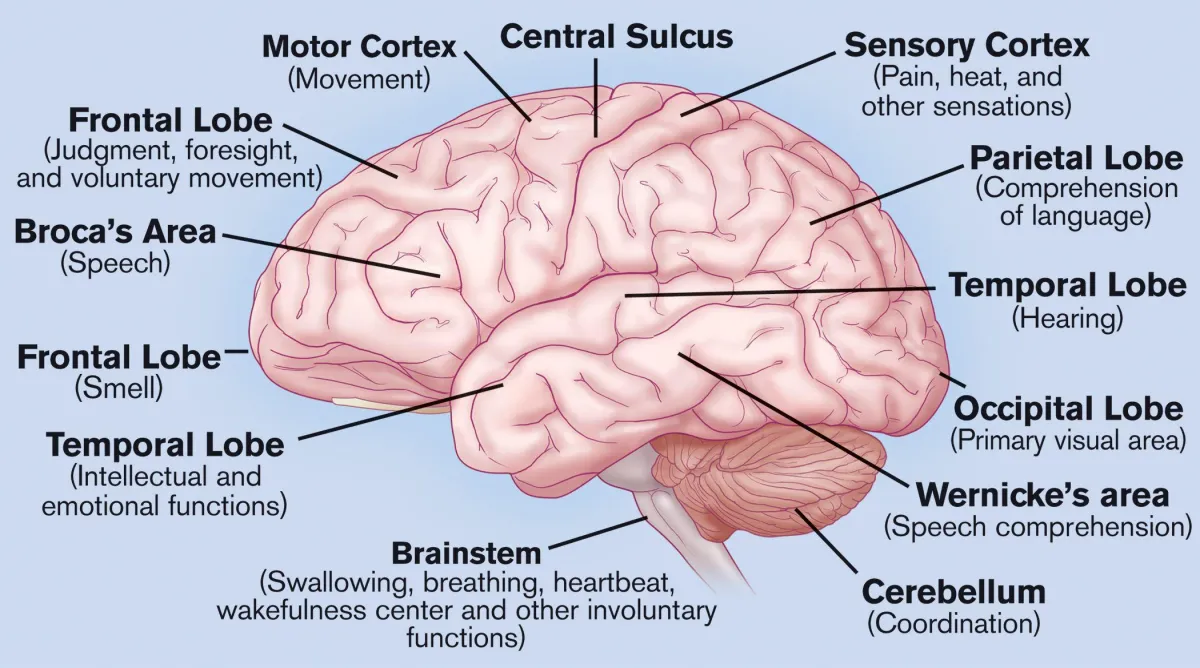
Food, Stress And Your Mind
How Your Diet and Stress Levels Affect Your Mental Health
How Food, Stress, and Mental Health Are Connected
Many people feel tired, moody, or anxious without knowing why.
What you eat and how stressed you feel might be part of the reason.
Scientists have found that food, stress, and mental health are closely linked.
For example, eating too much junk food or feeling stressed for long periods can affect your brain and mood.
On the other hand, eating healthy foods and managing stress may help you feel better, both physically and emotionally.
This blog will explain how food and stress affect your mind and body, and why small changes in your habits can make a big difference.

Food and Mood Are Linked
· What you eat can affect how you feel emotionally.
· Some foods give you energy and improve your mood. Others can make you feel tired or down.
· For example, too much sugar, fat, or processed food can lead to low energy, poor sleep, and mood swings.
· Healthy foods like fruits, vegetables, nuts, and fish support brain health and can help you feel calmer and happier.
· Your brain needs the right nutrients (like vitamins, minerals, and healthy fats) to work well.
· Eating well isn’t just about looking good it’s also about thinking clearly and feeling your best.
Stress Can Change Your Eating Habits
When you're stressed, your body reacts in many ways including how you eat.
Some people eat more when they’re stressed, especially comfort foods like sweets, crisps, or fast food.
Others might lose their appetite or skip meals altogether.
Stress can confuse your hunger signals and make it harder to make healthy food choices.
Over time, stress-related eating can lead to weight gain, poor digestion, and low energy.
These changes can also affect your mood and mental health creating a cycle that's hard to break.
Learning to manage stress can help you develop better eating habits and feel more in control.
Obesity and Mental Health Influence Each Other
· Gaining too much weight can affect more than just your body it can impact your mental health too.
· People who are overweight or obese may feel low, anxious, or have low self-esteem.
· At the same time, mental health problems like depression or PTSD can lead to weight gain.
· This can happen because some people eat more when they feel sad, stressed, or tired.
· It's a two-way relationship:
o Poor mental health can lead to weight gain.
o Gaining weight can then make mental health worse.
· Breaking this cycle often takes support both emotionally and physically through healthy eating, exercise, and self-care.
The Gut and Brain Are Connected
· Your gut (digestive system) and your brain "talk" to each other.
· This connection is known as the gut-brain axis.
· Inside your gut are tiny bacteria, called the gut microbiome, that help with digestion but also affect mood and brain health.
· Eating too much processed food or sugar can damage this gut balance.
· When your gut is unhealthy, it can lead to inflammation, low mood, or even anxiety.
· A healthy gut, supported by a balanced diet, can help your brain function better and improve your mood.
· Foods like yogurt, leafy greens, whole grains, and fibre-rich fruits help feed the good bacteria in your gut.

Can a Healthy Diet Help Treat Depression?
Some research shows that eating a healthy diet may reduce symptoms of depression.
Diets like the Mediterranean diet which includes fruits, vegetables, fish, olive oil, and whole grains have been linked to better mental health.
People following this kind of diet often feel more energetic and emotionally balanced.
Omega-3 fatty acids, found in fishlike salmon or in supplements, have also been studied for helping with low mood.
However, results are mixed some people feel better with diet changes, and others may need additional support.
A healthy diet is not a cure, but it can be a helpful part of an overall mental health plan.
Conclusion
What you eat, how you feel, and how you deal with stress are all connected. A healthy diet and good self-care habits can make a big difference in your mental and physical health. Even small changes like eating more fruits and vegetables or cutting back on processed foods can help you feel better over time.
Call-to-Action
Have you noticed how food or stress affects your mood?
Share your thoughts in the comments below and don’t forget to share this post with someone who might find it helpful!